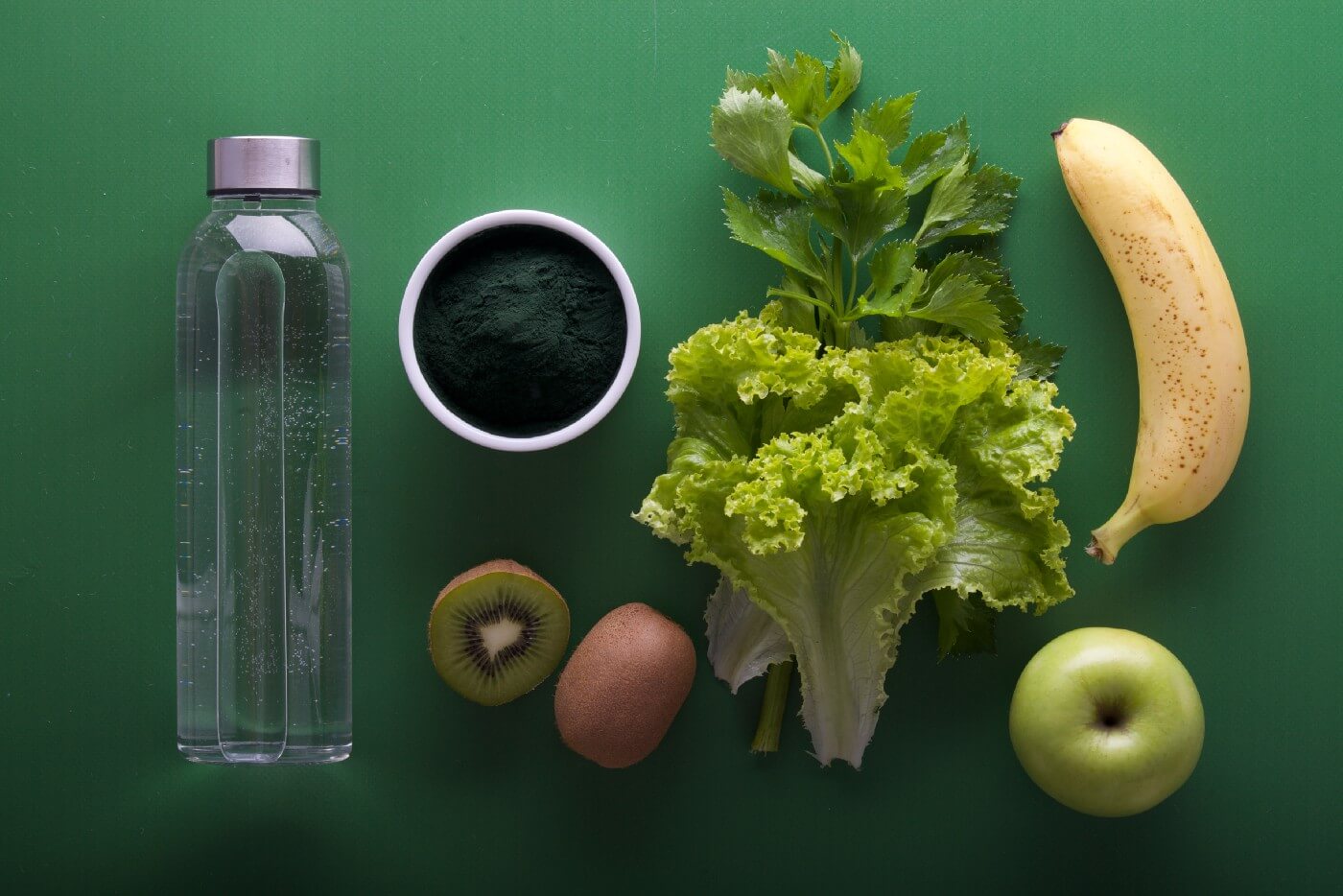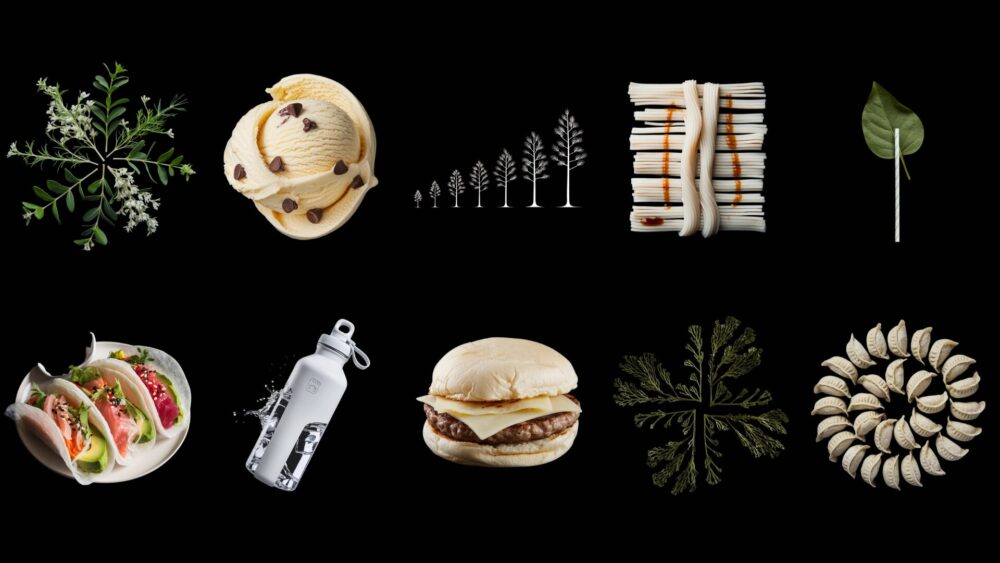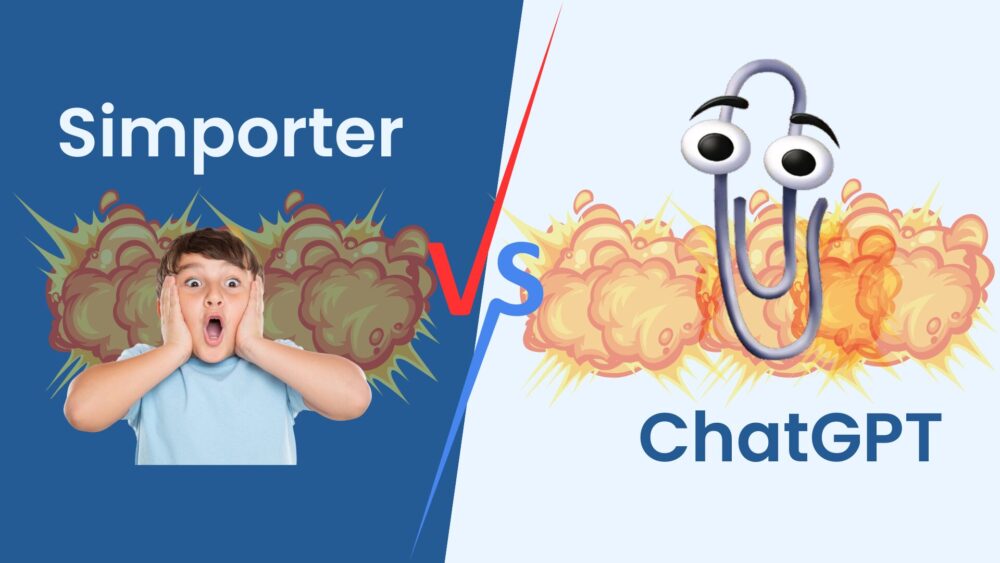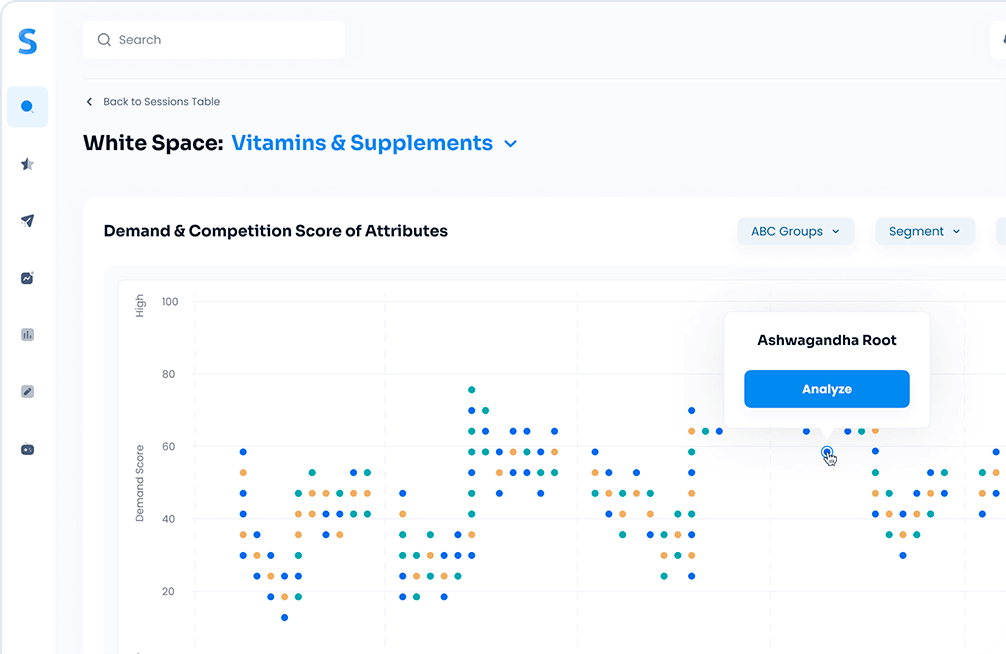It’s well known that consumer usage and attitudes are now more influenced by peer to peer communication than traditional advertising. By examining peer-to-peer social media and blog posts at scale, it’s possible to more deeply identify and understand actual behavior compared to what can be learned from qualitative testing or surveys. Since COVID-19, nutritional “hacks” shared by consumers, driven by immunity concerns, are guiding food and beverage consumption towards more objective, scientific product choices and considerations.This behavior will likely continue for years to come.
Immune health interest in the context of Covid-19
Our immune systems are remarkable at defending us against illnesses. These defense systems are complex, using various critical factors such as age and dietary behaviors to determine immunity strength and resiliency. The development of the COVID-19 pandemic has heightened health concerns, particularly in the context of immunity. As most people are aware, nutrition and dietary habits are one of the most effective methods for increasing our immunity systems. As a result, COVID has grown consumer interest in nutrition hacks, with the focus being reducing consumer’s likelihood of getting COVID.
- Online food and beverage forums demonstrate spikes in interest for health concerns.
In the United States, the influx of online material on nutritional information has created a generation of self-proclaimed health experts. The pandemic further enhanced consumer interest in functional foods. Food and beverage discussions focused on medicinal and nutritional benefits grew 17 percent last year according to researcher Tastewise . In 2021, we expect that consumers will crave curated nutrition-packed meals with ingredients designed to achieve specific goals. By the end of 2020, consumer interest in immune-boosting food and beverage increased by 23 percent month over month, consumer interest in vitamin and prebiotic-rich foods and drinks are up by 7 percent, and interest in gut health is up by 2.5 percent (with a significant, 40 percent boost in the last year).
- Research trends demonstrate similar interest in immunity health and food brands.
The following chart, displays a major spike in “immune system” Google searches when the global COVID-19 pandemic began. On
The pandemic has accelerated demand for immunity-boosting products and ingredients. Functional ingredients supplier, Beneo reveals that COVID-19 has led 75 percent of consumers to seek healthier food and beverage options. According to Google Trends data, searches for the terms ‘food’ and ‘immune system’ combined have skyrocketed by 670 percent between February and March.
Centrum (Vitamin brand) Over time website visits
Source: Similarweb
- “Wellness shots” are in demand.
Wellness shots are small servings of concentrated juiced ingredients believed to promote health. Immune-boosting wellness shots typically have one or more popular ingredients such as ginger, turmeric, wheatgrass, citrus, echinacea, cayenne pepper or apple cider vinegar.
KOR Shots, Suja Functional Shots and Vive Organic are three popular wellness shot brands.
Vive Organic raised $13 million in series B funding last July; a testament to the growing popularity of the wellness shot sector. According to Vive Organic, sales have been improving by over 400 percent annually.
- Probiotics are believed to have strong effects on immune health
Probiotics are healthy bacteria found in fermented foods, such as yogurt, which stimulate the immune system through interactions with the gastrointestinal tract.
The market for probiotics is estimated to reach $136.5 billion by 2024— and with good reason. Probiotics are medically proven to have therapeutic value in the treatment of some immune response related conditions such as allergies, eczema and viral infections. A recent study published in Frontiers in Pharmacology found that widespread use of probiotics could result in 2.2 million fewer antibiotic prescriptions, 54 million fewer annual sick days and $919 million in avoided annual productivity loss.
The most popular form of probiotic consumption is via yogurt. Since the onset of the pandemic, Danone North America has reported an uptick in sales of its Activia Probiotic Dailies. In February, Chiobani launched a fruity plant-based beverage called Chobani Probiotic.
Recently, several global brands in the functional food and beverage sector have been launching innovative probiotic-fortified products. Farmi Piimatoostus Ltd., an Estonian dairy company, unveiled fermented buttermilk with strawberries, fortified with vitamins B6 and B12. Additionally, various packaged snacks made from GanedenBC30 – a popular probiotic – have recently been appearing on shelves.
- Functional foods
As Whole Foods states in its annual Top 10 Food Trends list, “The lines are blurring between the supplement and grocery aisles, and that trend will accelerate in 2021. That means superfoods, probiotics, broths and sauerkrauts.”
Global consumer surveys conducted by InsightsNow, Inc. before and during the pandemic reveal that COVID-19 has renewed consumer interest in functional foods and enhanced nutrition beyond basic nutrients. Increased demand for fortified and enriched foods broader appreciation of health and wellness vis-à-vis dietary patterns.
In February 2020, global sales of functional foods topped $267 billion. Naturally, healthy food sales hit $259 billion in the same period (Euromonitor, 2020).
Some functional food trends identified by Tasteweise – a popular food intelligence startup – include the use of elderberry and pickled vegetables for immune system health, melon for treating illness, and kombucha for gut health. Furthermore, reports from Datassential reveal that nearly 60 percent of adults intend to consume more superfoods. These studies from Tasteweise and Datassential further demonstrate the growing interest in functional foods.
Before the COVID-19 pandemic, a majority of sampled consumers indicated a desire to increase their consumption of fiber, protein, vitamin D, calcium, nuts, and whole grains. Nearly 50 percent of consumers also named antioxidants, omega-3s, green tea, and probiotics as effective supplements (Hartman 2019a). A report from Nielsen reveals a 179 percent growth in retail revenue for products containing turmeric in the past three years (^Citation?).
Conclusion
It’s incumbent on brands and marketers to stay close to consumer usage and habits as behaviors shift if, hopefully, the COVID-19 pandemic gets behind us. It has re-surfaced the importance of immune system wellness. Additionally, the pandemic has demonstrated the complex interdependencies between various forms of health, from gut stabilization to probiotic concentrations. These two effects work in tandem to expand consumer demand for food and beverage options which provide material, descriptive health benefits. As the industry grows and health experts better understand the scientific implications of various nutritional hacks and immune system supplements, consumer demand will likely continue rapid growth for healthier choices well beyond the COVID-19 pandemic.









